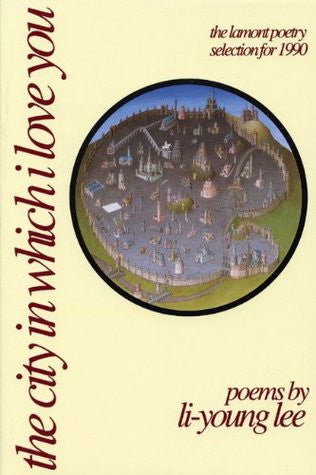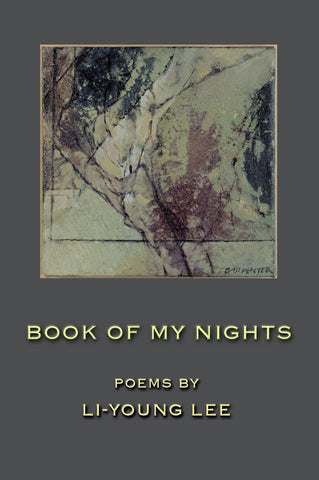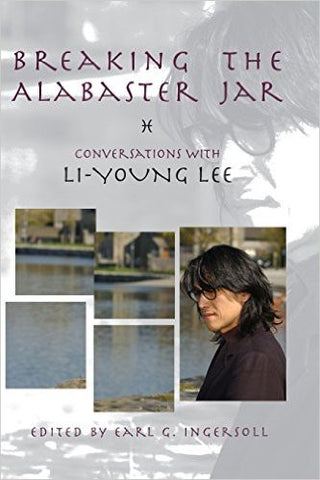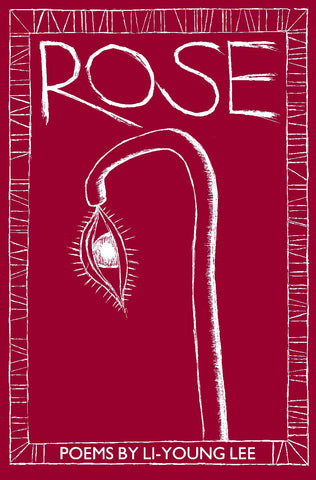
About This Title
Hardcover and signed copies available in limited supply
Through the observation and translation of often unassuming and silent moments, the poetry of Li-Young Lee gives clear voice to the solemn and extraordinary beauty found within humanity. By employing hauntingly lyrical skill and astute poetic awareness, Lee allows silence, sound, form, and spirit to emerge brilliantly onto the page. His poetry reveals a dialogue between the eternal and the temporal, and accentuates the joys and sorrows of family, home, loss, exile, and love.
In “The City In Which I love You,” the central long poem in his second collection under the same title , Li-Young Lee asks, “Is prayer, then, the proper attitude / for the mind that longs to be freely blown, / but which gets snagged on the barb / called world, that / tooth-ache, the actual?”
Publishers Weekly reviewer Peggy Kaganoff declared that The City in Which I Love You, a remembrance of Lee’s childhood and his father, “weaves a remarkable web of memory from the multifarious fibers of his experience.” Kaganoff added that Lee’s “images are economical yet fluid, and his language is often startling for its brave honesty.”
© BOA Editions, Ltd. 1990




